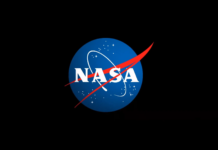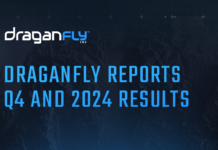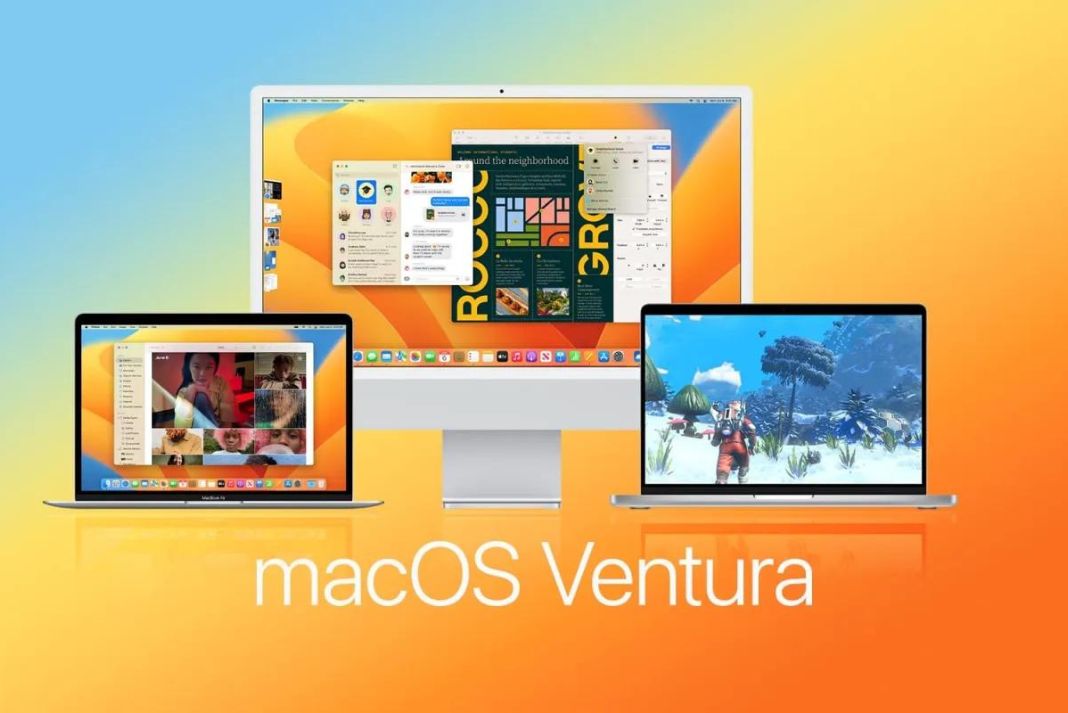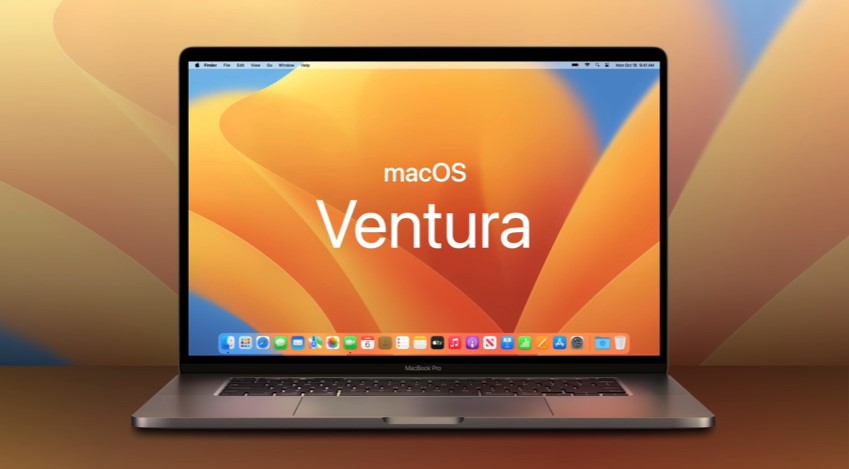
If you have already updated your macOS to Ventura, you may have noticed that the Energy preference panel, which used to contain the option to schedule shutdown and sleep on Mac, is no longer available. Apple has removed direct access to this feature without providing clear reasons.
If you desired to establish a schedule where your Mac would shut down every night and start up every morning at precise times, it was a straightforward process. Apple’s scheduling tool authorized two actions to be scheduled. The first action was Start up or wake, which would bring a Mac back to life regardless of whether it was powered down or in sleep mode. The second action was Sleep, Restart, or Shut Down. Previously, you were furthermore able to determine to have the action happen at an appointed time every day, on weekdays as well as on weekends, or perhaps on a certain day of the week.
However, this straightforward method is no longer very easy to do. But, you can still configure your Mac to automatically boot, shut down, and wake or sleep in macOS Ventura. This guide will explain the steps to schedule a shutdown in macOS Ventura.
Also Read- Pinch To Zoom Not Working On macOS Ventura: Issue solved
Here Is How You Can Schedule Shut down in macOS Ventura
After upgrading to macOS Ventura, scheduling specific times and dates for the startup, sleep as well as restart, and shutdown on your Mac requires the use of the pmset command line utility in Terminal. This utility permits you to configure the desired actions according to your preferences and schedule.
Before you dive into scheduling the shutdown procedure it is important to understand how the pmset command works.
pmset- the pmset command is a command-line utility available on macOS that authorizes users to manage power management settings on their Mac computers. It stands for “power management settings” and delivers control over various elements, for instance, sleep, wake, idle as well as hibernation, battery optimization, and more.
Time Format- Further, in this method, as you are scheduling, you need to know the format of the time and date as well. The commands function in a 24-hour format and, indicate that if you like to schedule a shutdown for a specific time, use the format- HH:MM:SS. Take this for an example, if you want to schedule the shutdown at 5 PM, you have to set the time as 17:00:00.
Format for a Specific Date- With that, you can also schedule for a specific day for your Mac to shut down using this format MM/DD/YY, so, if you want to set a schedule for the 5th of June, 2023 then you need to set it like 06/05/23.
You can schedule the shutdown on a specific date along with a specific time like this. Say for instance you want to set the schedule for 5 pm on 5th June, and you have to set it as “06/05/23 17:00:00”
For a Specific Day Of the Week- For If you don’t know, you can even set the days of the week, you can use the corresponding letters as you can see down below:
Monday: M
Tuesday: T
Wednesday: W
Thursday: R
Friday: F
Saturday: S
Sunday: U
Let’s move on to learn how you can schedule shut down in macOS Ventura:
- First, you require to launch Launchpad and then you have to search for Terminal and click on it.
- Next, you require to add the following Shut down command if you want to Shut Down your every day at 5 PM:
sudo pmset repeat shutdown MTWRFSU 17:00:00
If you want to set it for a specific date (i.e. 5 June 2023) and time (5 pm) your command should look like this:sudo pmset repeat shutdown MTWRFSU 06/05/23 17:00:00 - Finally, you need to press return and then you will be prompted to type in your password as you are using sudo or “superuser do” in your command and it is used when you want to execute a command with administrative privileges.
Also Read- How To Turn off “Link Preview” In Mail- macOS Ventura
Review Your Schedule
If you wish to review the schedule you have configured to gain a better understanding or due to a change of mind, utilize the following command:
pmset -g sched
Why Your Mac Didn’t Shut Down At the Scheduled Time?
There are several reasons why your Mac didn’t shut down even when you scheduled it using the terminal. It could happen mainly because:
- For your Mac to shut down at the scheduled time, it needs to be awake and you must be logged in. If you’re not logged in or your Mac is in sleep mode, it will not shut down as scheduled, therefore, ensure that you are logged in and your Mac is awake.
- Another reason is that the FileVault is enabled on your Mac and you will need to log in every time your Mac starts up.
- Lastly, if you have any open documents with unsaved changes, your Mac may not shut down when scheduled to.
Just for your convenience, we will demonstrate to you how you can schedule a restart and wake up your Mac using the command in your Terminal.
Also Read- Perpetual “Background Items Added” After Updating To macOS Ventura: Fixed
Here Is How You Can Schedule a Restart and Wake Up Your Mac
Input the days and timings according to your preferred time and day, for instance, if you don’t want to set it for every day remove MTWRFSU and replace it with the single letter for that day like if you want to set it for Monday just write M instead of MTWRFSU.
Restart
To set up a schedule for your Mac to automatically reboot, you need to enter the following command:
sudo pmset repeat restart MTWRFSU 00:00:00
Wake Up
To schedule your Mac to wake up, enter the following command on the terminal:
sudo pmset repeat wakeorpoweron MTWRF 00:00:00
That’s it! This is how you can set a schedule to shut down, restart and wake up using the command in your Terminals.
Also Read- Wifi Automatically Disconnecting In macOS Ventura [Fixed]
Frequently Asked Question
Can I schedule my Mac to turn off at a certain time?

Yes, you can do it using the power management settings on your Mac if you are using macOS Monterey or a version earlier than Ventra. But if you are using macOS Vnetura then you need to do it using the command line in your terminal. You can refer to our guide to learn how you can schedule it.
Is my Mac old to upgrade to Ventura?
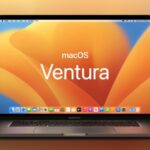
Well, Apple’s latest macOS version, Ventura, has certain hardware requirements. It specifies that MacBooks, MacBook Pros, and iMacs released before 2017 are not compatible with Ventura. So, if you are using a model before 2017, then, unfortunately, you won’t be able to run macOS Ventura on it.


















